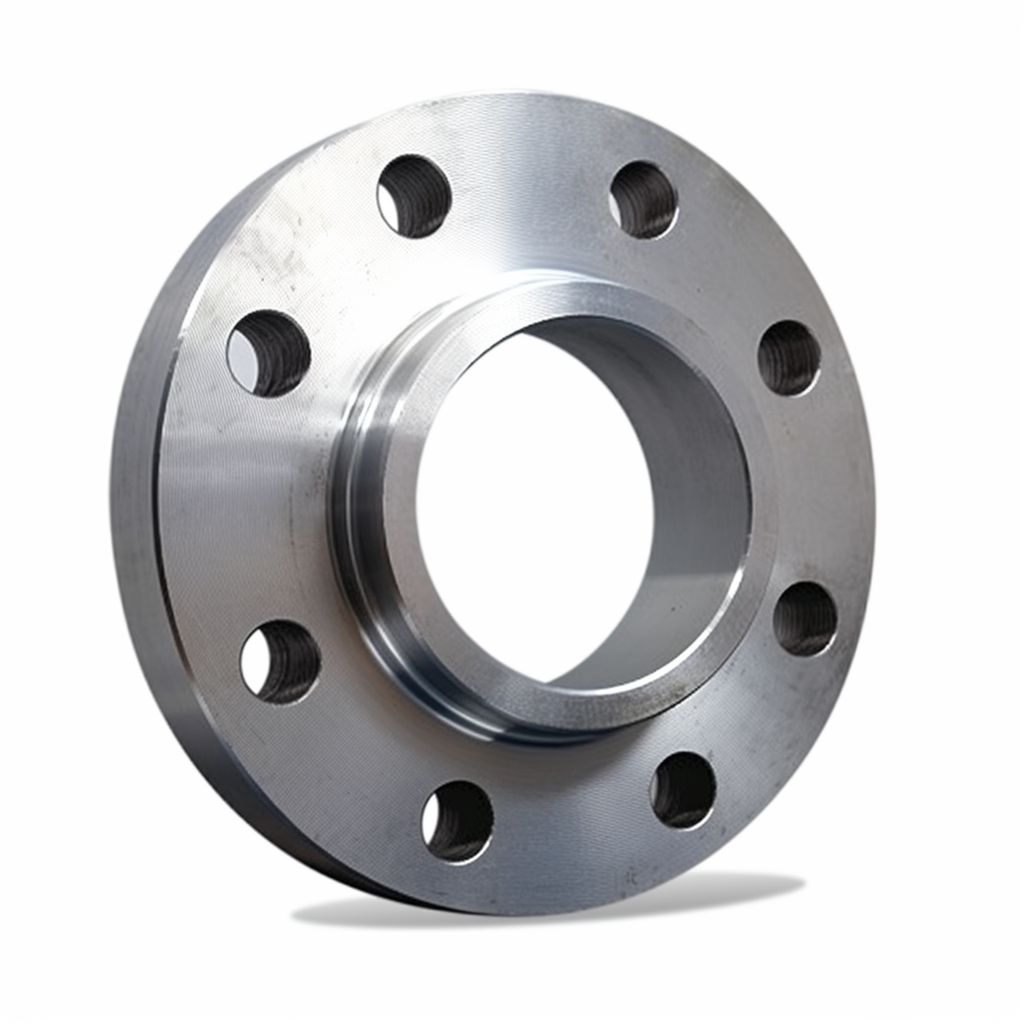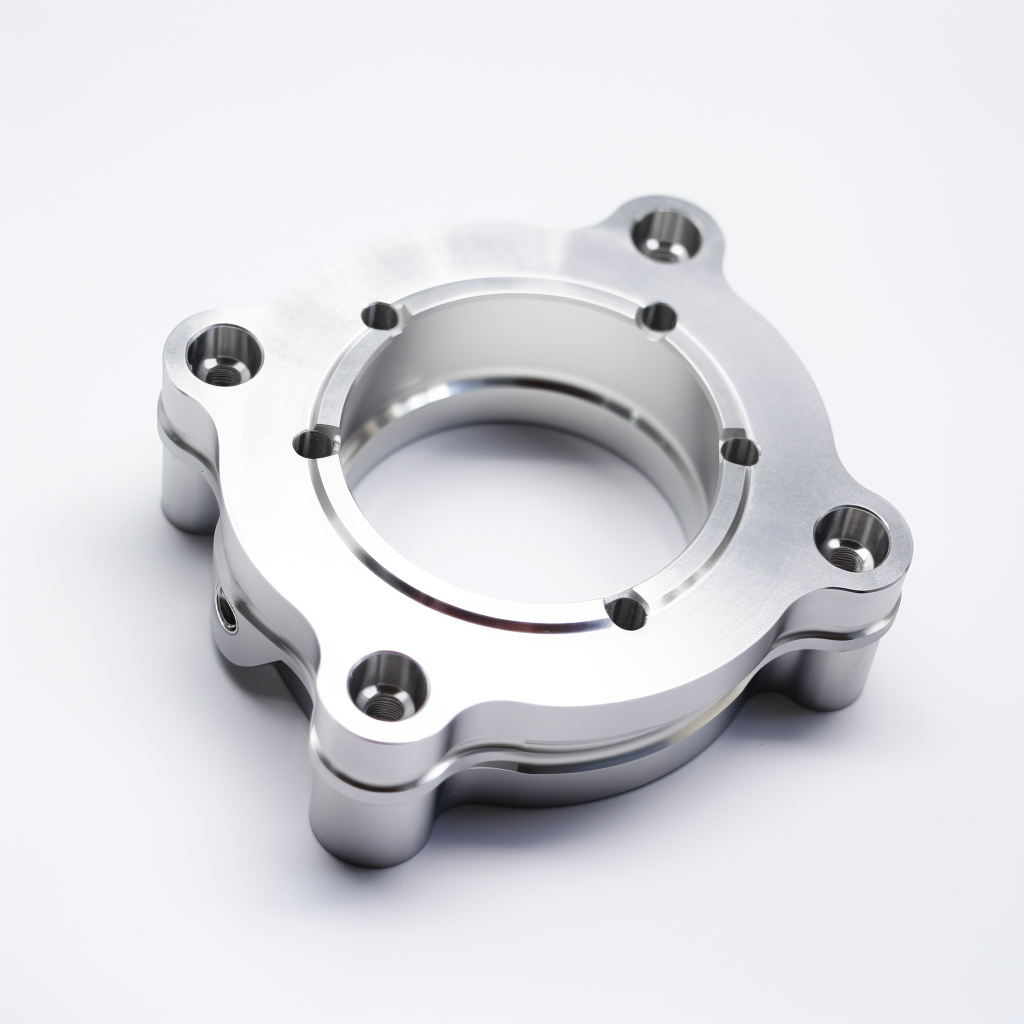
Steel Metal Selection Guide
Steel is a versatile and widely used metal alloy composed primarily of iron with varying amounts of carbon and other alloying elements. It is known for its exceptional strength, durability, and versatility. In this web page, we will explore the different types of steel, its numerous advantages and disadvantages, and the diverse industrial applications where steel plays a crucial role.
Steel rapid manufacturing, & machined parts are available now!
Check with one of Canyon’s helpful product engineers for an expert material and manufacturing recommendation.
Common names include: Carbon Steel, Alloy Steel, Stainless Steel, Tool Steel, Galvanized Steel, Mild Steel, Weathering Steel.

Advantages
- Exceptional Strength: Steel is renowned for its high tensile strength, making it suitable for load-bearing structures and components.
- Durability: Steel is highly durable and resistant to wear and tear, ensuring a long service life.
- Versatility: Steel can be easily shaped and fabricated into a wide range of products and structures.
- Recyclability: Steel is one of the most recycled materials in the world, contributing to sustainability efforts.
- Corrosion Resistance: Stainless steel and weathering steel are particularly resistant to corrosion, making them ideal for outdoor applications.
- Heat Resistance: Some types of steel, such as heat-resistant alloys, can withstand high temperatures, making them suitable for furnace components and aerospace applications.
- Cost-Effective: Steel is often cost-effective compared to other metals, considering its durability and long-term performance.
Disadvantages
- Weight: Steel is relatively heavy, which can be a disadvantage in applications where weight reduction is crucial.
- Corrosion in Certain Environments: While stainless steel offers good corrosion resistance, it can still corrode in certain aggressive chemical environments.
- Maintenance: Steel may require maintenance, including painting or coating, to prevent corrosion in some applications.
- Environmental Impact: The production of steel can have a significant environmental impact due to energy consumption and emissions.
Common Applications of Steel
- Construction: Steel is used in the construction of buildings, bridges, and infrastructure due to its strength and durability.
- Automotive: Steel is a key material in the automotive industry for vehicle frames, chassis, and various components.
- Aerospace: Steel is used in aircraft structures and engine components, where high strength and heat resistance are essential.
- Manufacturing: Steel is used in the manufacturing of machinery, equipment, and tools for various industries.
- Energy: Steel is used in power generation equipment, including turbines, generators, and transmission towers.
- Transportation: Steel is used in the construction of ships, trains, and railway tracks due to its strength and reliability.
- Oil and Gas: Steel is employed in the oil and gas industry for pipelines, storage tanks, and drilling equipment.
- Infrastructure: Steel is used in the construction of bridges, highways, and tunnels to ensure structural integrity.
- Household Appliances: Stainless steel is commonly used in kitchen appliances and cutlery due to its corrosion resistance and aesthetic appeal.
Please consult a Canyon Components Engineer about your specific application and we will use our decades of experience to formulate a solution that fits your need.
Types of Steel
Steel can come in different variations, depending on its composition and intended use. Some common types of Steel include the following.
Canyon Components strives to meet all customer service requests. Feel free to contact Canyon Components engineering and let our knowledgeable staff help you design the perfect part for your needs.
Carbon Steel
Predominantly iron with a carbon content up to 2.1%, carbon steel is categorized into low, medium, and high carbon steel. Low carbon steel is ductile and malleable, used in construction and automotive bodies. Medium carbon steel, offering a balance of strength and ductility, is used in machinery. High carbon steel, the hardest and strongest, is utilized in tools and cutting implements.
Alloy Steel
This type incorporates various elements like chromium, nickel, and molybdenum, enhancing its mechanical properties. Used in pipelines, automotive components, and machinery, alloy steel offers improved strength, hardness, or corrosion resistance, catering to specific industrial needs.
Stainless Steel
Known for its corrosion resistance, stainless steel contains a significant amount of chromium, providing a protective oxide layer against environmental elements. It’s widely used in kitchenware, medical instruments, and architectural structures. Its varieties include austenitic, ferritic, and martensitic, each with distinct characteristics.
Tool Steel
High in carbon and alloy content, tool steel is known for its hardness and resistance to abrasion. It’s used in cutting and drilling tools, as well as molds for injection molding. It’s categorized into water-hardening, cold-work, shock-resisting, high-speed, hot-work, and special purpose tool steel.
Weathering Steel
Also known as Corten steel, this variety forms a protective rust layer when exposed to atmospheric elements, which prevents further corrosion. Ideal for outdoor structures like bridges and large sculptures, it eliminates the need for paint, offering a distinctly rugged appearance.
Maraging Steel
A carbon-free iron-nickel blend, maraging steel is known for its extreme strength and toughness without losing malleability. It’s used in aerospace, tooling, and high-stress components. It gains strength from precipitation of intermetallic compounds instead of carbon, making it one of the strongest steel types.
Please consult a Canyon Components Engineer about your specific application and we will use our decades of experience to formulate a solution that fits your need.
Manufacturing Options for Steel
Steel parts can be manufactured using several methods, each suitable for different applications and part complexities.
Each of these methods has its own advantages, limitations, and cost implications. The choice of manufacturing technique usually depends on factors like the complexity of the design, required precision, material properties, and production volume.
Canyon Components strives to meet all customer service requests. Feel free to contact Canyon Components engineering and let our knowledgeable staff help you design the perfect part for your needs.
Back to Metals Hub

Get A Quote Now!

Groove Design References
Learn More
Coatings, Packaging, & Other Services
Learn More
Custom Parts & Custom O-rings
Learn More
